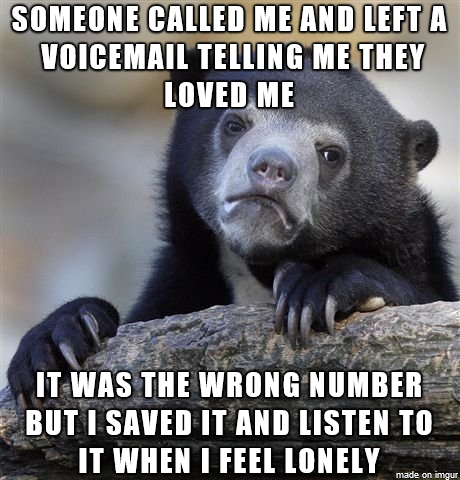

For those who know Lord, including Collins, it comes as no surprise that she recognized a uniqueness to Nirvana before anyone knew just how popular they would become. All of a sudden, the anti-rock star steps up and steals the mic - it was just this feeling that the underdog was finally getting his day."īut even in Seattle, where Nirvana was so popular by 1991 Collins would often play "Smells Like Teen Spirit" on his radio station twice in a row, Nirvana's crossover success came as a huge shock. ".The whole mainstream schlock had gotten so boring, and MTV was inundated with this s***. It just felt revolutionary," Collins said. It was the system being flipped on its head. As hair bands dominated the radio waves, Nirvana was a "f*** you" to the mainstream, said Marco Collins, a Seattle radio DJ who championed the "Seattle sound" in the early 90s - later known as grunge, or to many in Seattle, "The G-word." In this 1993 file photo, lead singer of Nirvana Kurt Cobain is photographed. Nirvana appealed to a generation that was rejecting the formulaic commercial rock and longing for music that was not only powerful, but accessible, said former Nirvana manager Danny Goldberg, who recently released a book about his friendship with Cobain. and most of the world within months of its release, and by the beginning of January 1992 it had reached #1 on the Billboard 200 chart, replacing Michael Jackson's "Dangerous."

"Nevermind" exploded in popularity in the U.S., the U.K. The less than two months the two dated marked the time period that Nirvana was rocketing from relative anonymity to international stardom. Lord spoke to CBS News last month from her childhood home in Salem, Massachusetts, detailing a relationship with Cobain she called short, but intense - in many ways like the band's rise to fame. Cobain would be at the center, and Lord would have a front row seat. The next day, the release of "Nevermind" would mark the beginning of a rock revolution. They stayed up all night talking, Lord said, watching the sun come up. Accepting what is might be better than catastrophizing something we all experience.Cobain rode on the back of her bike to the hotel. It might be more helpful to relate to it with the idea that feeling lonely or being alone comes and goes and that it is something we all cope with. If you relate to loneliness with protest, anger, desperation, or defeat, then it will be unpleasant. It may be true that you don’t like being alone, but it’s the way you relate to it that matters. The idea that you cannot stand being alone also doesn’t make sense.Being alone is a situation-and situations change. And as recent research shows, about 45 percent of people experience loneliness. The idea that you are a "loser" because you are alone makes no sense: Everyone is alone at some time.You might enjoy having the peace to read something you like, listen to your own music, cook your favorite food, watch your favorite movie, or visit a museum at your own pace. You can look at it as an opportunity to do some things that you like. Just because you are alone doesn’t mean that you have to feel sad and lonely.You are only alone for these moments (minutes, hours), and you will be interacting with other people soon-at work, waiting in line, talking to a friend, or participating in an activity.But you can try some of these rational and helpful responses: If you have these or other negative thoughts, then you are like millions of other people who feel stopped in their tracks by loneliness.


 0 kommentar(er)
0 kommentar(er)
